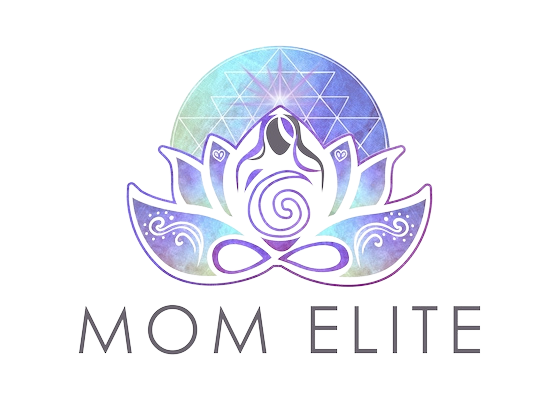Family therapy can be an invaluable tool in helping families navigate tough conversations and disagreements. It emphasizes understanding, acceptance, and communication in order to strengthen connections between family members. It’s difficult to find the right words in the heat of the moment, but family therapy provides a safe space for families to come together and express their struggles. Through family therapy, a family can gain perspective on its issues, process emotions in a healthy way, and create meaningful solutions. Let’s take a look at what family therapy is, how it works, and why it can be beneficial for your family.
What is Family Therapy?
Family therapy is a type of psychotherapy that involves all members of a nuclear or extended family. During these sessions, a trained therapist helps the family work through conflicts by discussing their experiences with one another in a safe environment. The goal is to help each individual learn how to more effectively listen and communicate with their loved ones so that everyone feels heard and respected.
How Does Family Therapy Work?
The methods used in family therapy vary from therapist to therapist. However, most therapists will use techniques such as role-playing exercises, communication skills training, problem-solving activities, and relationship building tasks. During these exercises, the therapist will often act as a mediator or coach to help direct the conversation while still allowing each member of the family space to express themselves. The results are often illuminating—families may discover underlying issues that were previously unknown or unspoken about due to tension or discomfort within the group dynamic.
Benefits of Family Therapy
Family therapy has many benefits for those who participate in it—it can give you insight into underlying issues within your relationship dynamics; it can teach you how to better communicate with one another; it can help you work through difficult conversations without resorting to anger; and most importantly, it creates an opportunity for growth both individually and collectively as a unit. With improved communication comes improved relationships—not only between parents and children but also between siblings too! This allows for stronger bonds within your family overall which makes it easier for everyone involved to support one another during hard times.
How To Get Started With Family Therapy
If you are considering pursuing family therapy for your own family unit, there are several steps you should take before deciding on a therapist or program. First, research different types of therapists and programs available in your area so you can find one that fits your needs best. Second, make sure everyone in the household agrees to participate in the sessions; if not, it could be counterproductive or even dangerous for some participants involved in sensitive topics like domestic violence or substance abuse. Thirdly, establish clear expectations for what everyone wants out of the sessions so there are no misunderstandings later on down the line during the course of treatment. Finally, once you have selected a therapist or program that seems right for your needs make sure everyone knows what will be expected before beginning sessions such as any fees associated with treatment or insurance coverage requirements.
Family therapy has been shown time and time again to have positive effects on individuals as well as entire families alike! It gives everyone involved an opportunity to feel heard and understood which ultimately leads to healthier relationships between all members of the family unit. If you are looking for ways to improve communication within your own home life then consider investing in some form of family therapy today! Not only will you see changes within yourself but also among your loved ones too.



